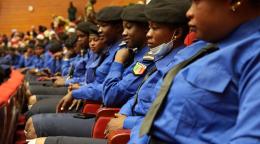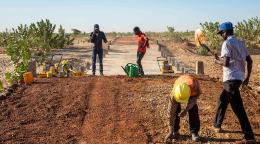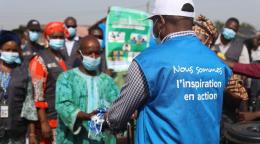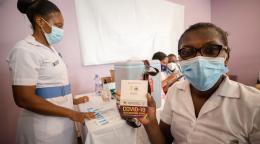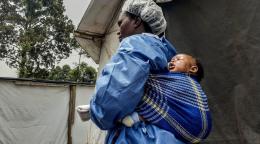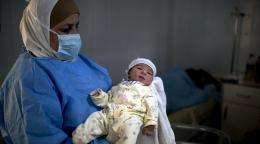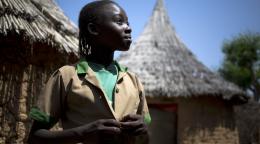Mali
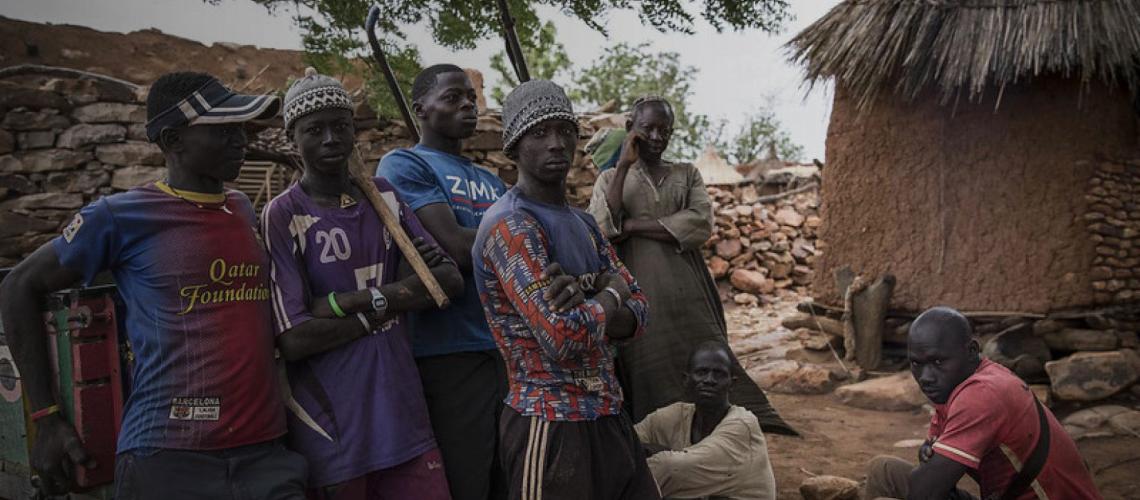
Photo: © MINUSMA/Gema Cortes
UN Mali Country Team
Resident Coordinator Office
1 / 2
1 / 3
UN Entities in Mali
1 / 21
UN Key Documents
UNDAF/United Nations Sustainable Development Cooperation Framework (CP)
UNDAF / CF START DATE
01 January 2020
UNDAF / CF END DATE
31 December 2024
START OF NEW CF CYCLE
01 January 2025
1 / 10
Latest news and updates
1 / 8














